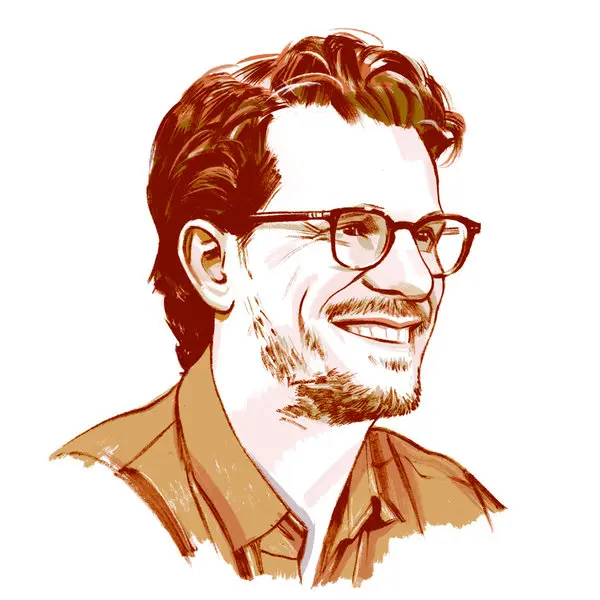
by Michele Kirichanskaya | Apr 17, 2025 | Blog
Brian Selznick’s books have sold millions of copies, garnered countless awards worldwide, and have been translated into more than 35 languages. He broke open the novel form with his genre-breaking thematic trilogy, beginning with the Caldecott Medal-winning #1 New...
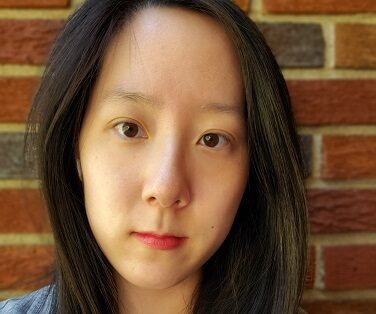
by Michele Kirichanskaya | Apr 4, 2025 | Blog
Alice Lin is the author of Fireworks and Love Points to You. She is an avid reader who first started dreaming up stories in sixth grade and who loves to get lost in other people’s imaginations. She holds a master’s degree in library and information science from...
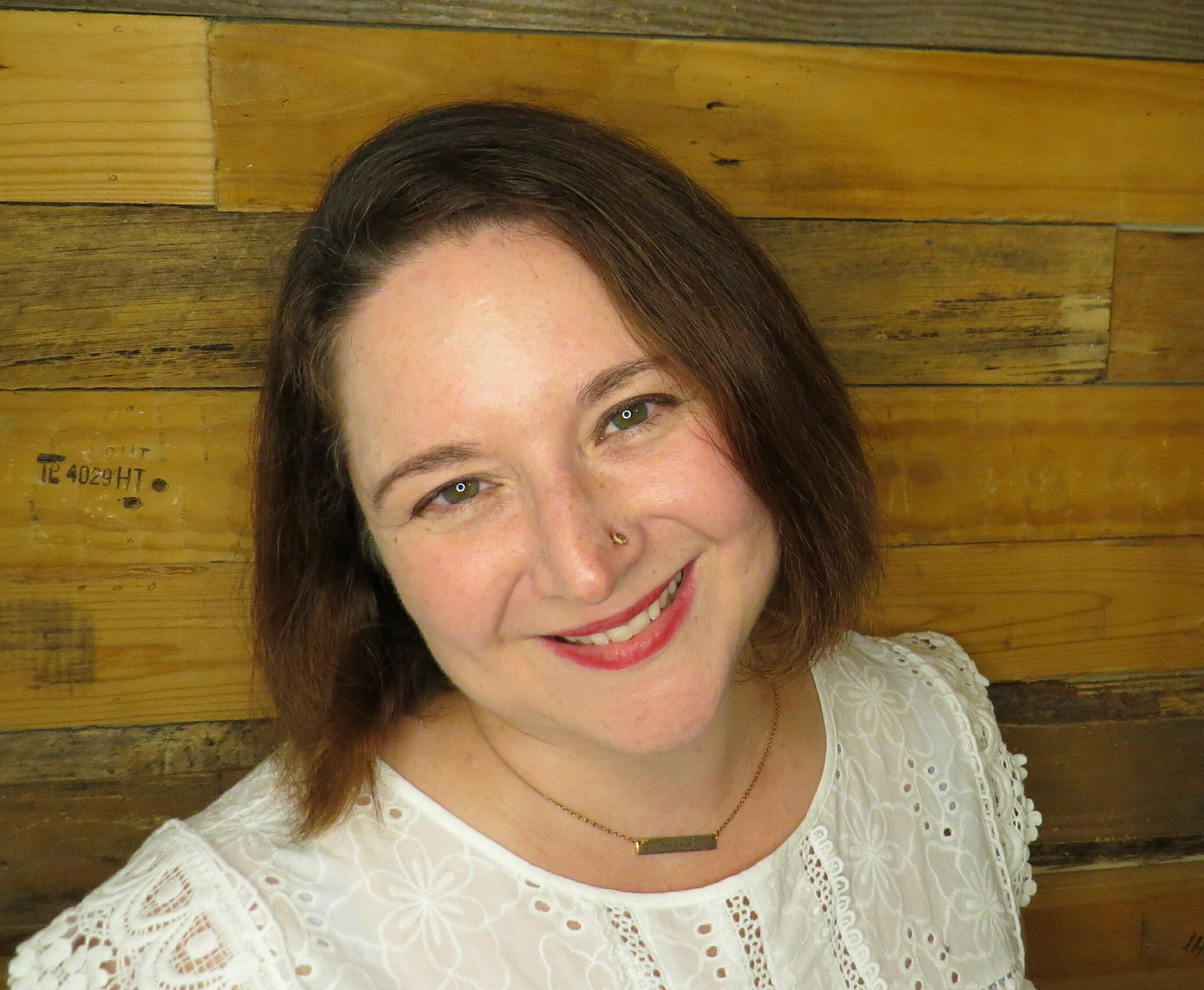
by Michele Kirichanskaya | Mar 26, 2025 | Blog
Jamie Pacton is an award-nominated young adult and middle grade author, who writes swoony, funny, magical books across genres. When she’s not writing, she’s teaching college English, obsessively reading obscure history, hiking, baking, or playing video games. Her...
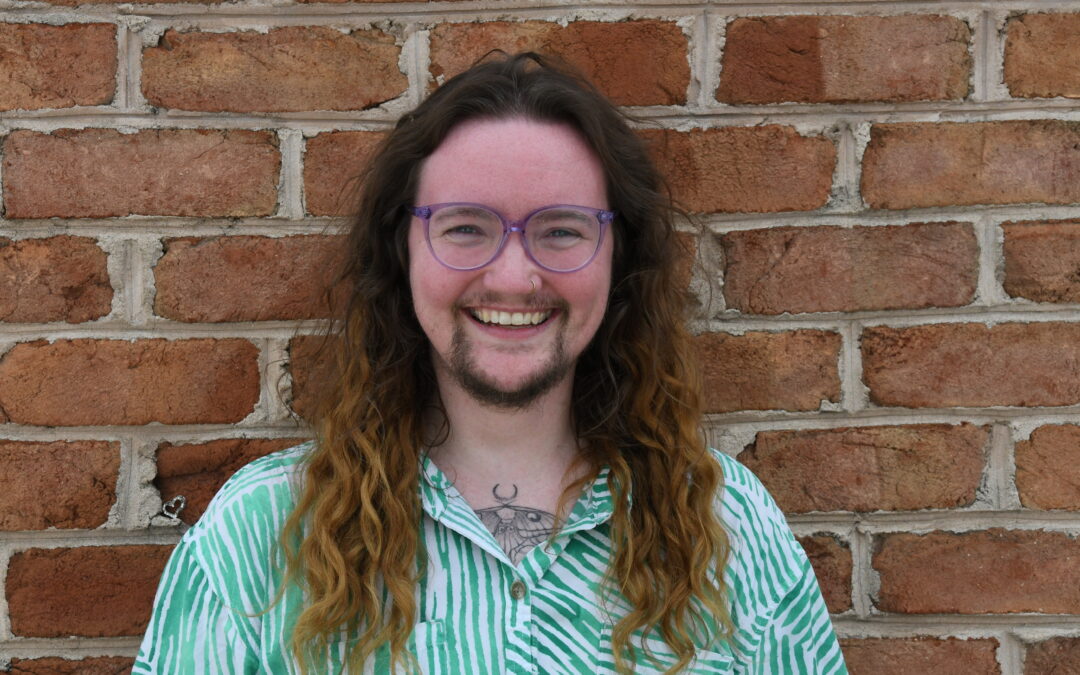
by Michele Kirichanskaya | Mar 21, 2025 | Blog
Kellan McDaniel is the author of the young adult novel TILL DEATH (S&S/MTV, 2025), about generations of queer trauma, getting mad, and even kissing a vampire. As K.M. Szpara, he is the author of adult speculative novels FIRST, BECOME ASHES, and DOCILE (Macmillan,...
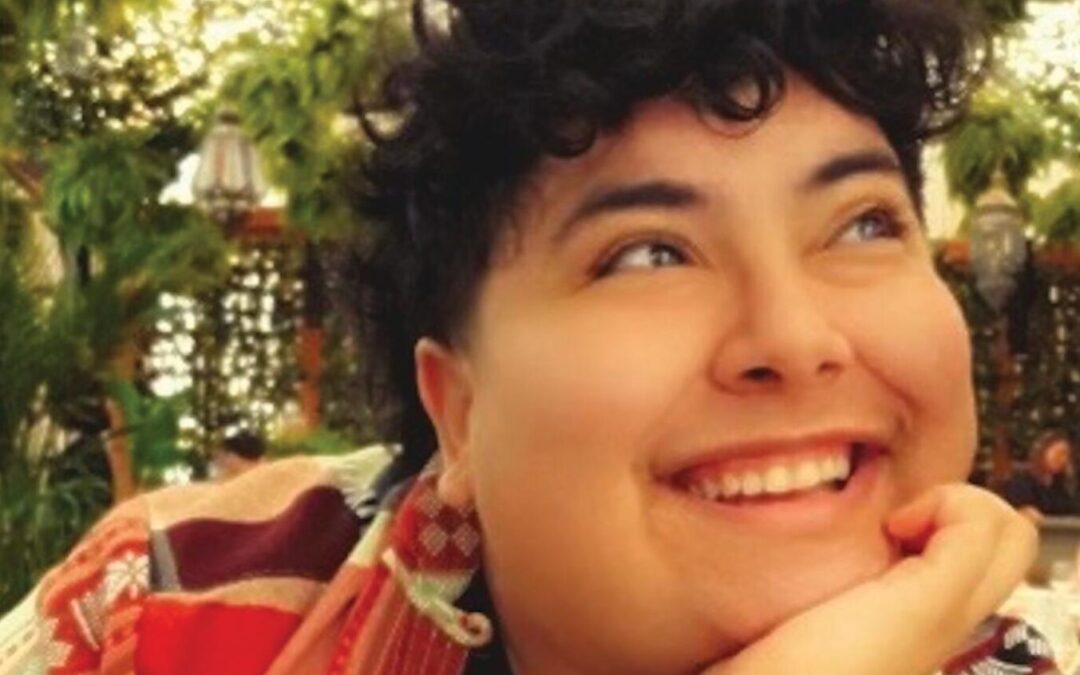
by Michele Kirichanskaya | Feb 22, 2025 | Blog
Born and raised in Arizona, Sonora Reyes is the author of The Lesbiana’s Guide to Catholic School and The Luis Ortega Survival Club. They write fiction full of queer and Latinx characters in a variety of genres, with current projects in both kidlit and adult...






